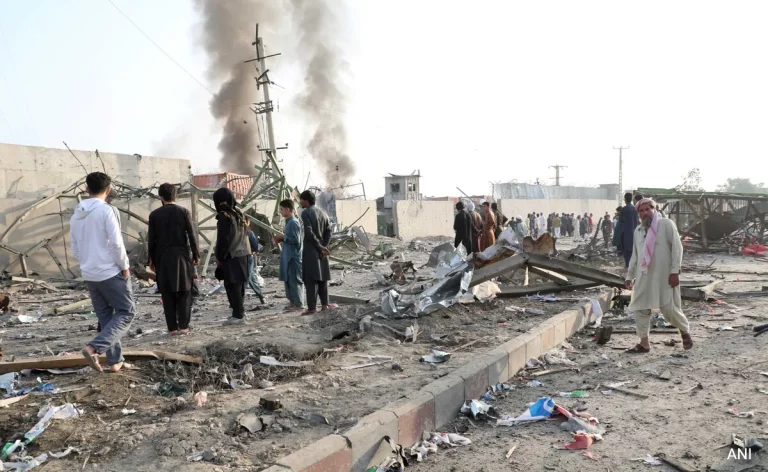Fourteen-year-old students and two teachers were killed in a mass shooting at Apalachee High School in Winder, Georgia, marking the deadliest school shooting in the U.S. this year. Nine others, including eight students and one teacher, were wounded in the attack and are expected to survive. The suspect, identified as Colt Gray, a 14-year-old student at the school, is currently in custody and will be charged as an adult. The gunman had been previously questioned by law enforcement after receiving anonymous tips about online threats, but no action was taken at the time due to a lack of probable cause.
The victims of the shooting were named as Mason Schermerhorn and Christian Angulo, both 14-year-old students, along with teachers Richard Aspinwall and Christina Irimie. Aspinwall was also an assistant football coach, and both teachers were well-known math instructors at the school.
Incident Timeline
The shooting unfolded around 10:20 a.m. Colt Gray had left his Algebra 1 class earlier and returned later, armed with an AR-15-style rifle, according to the Georgia Bureau of Investigation (GBI). Students described hearing gunshots and screams from the adjacent classroom as Gray opened fire. Law enforcement responded quickly, with a school resource officer confronting Gray, who surrendered without resistance.
Last year, Colt Gray and his father were questioned by the FBI and Jackson County Sheriff’s Office after receiving tips about threats to carry out a school shooting. However, the investigation did not lead to an arrest, and Colt was not monitored further. Authorities are now investigating how Gray obtained the weapon used in the shooting and whether any accomplices were involved.
Local residents and neighbors rushed to help, setting up makeshift stations with water, snacks, and granola bars for those stranded near the school. Chris Comfort, a nearby resident, recalled how cars and pedestrians lined up for miles as concerned parents rushed to check on their children.
State and Federal Investigations
The FBI, ATF, and local law enforcement are conducting a joint investigation. While initial reports suggested multiple schools might be targeted, authorities have found no evidence to support this. Schools across the district will remain closed for the remainder of the week as the investigation continues. Georgia Governor Brian Kemp praised the swift response of first responders, calling the incident “every parent’s worst nightmare.”
This shooting marks at least the 45th school shooting of 2024, a grim statistic that continues to spark debate about gun control and school safety measures across the USA.










